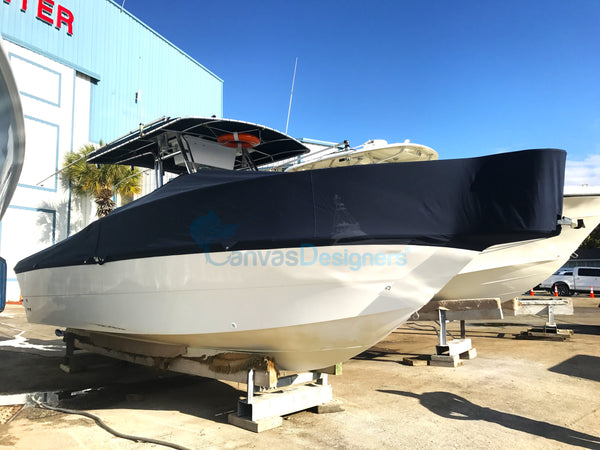Exploring the Durability and Flexibility of Carbon Fiber Poles

Carbon fiber poles have gained popularity in various industries due to their superior strength-to-weight ratio, making them a durable and lightweight option for a wide range of applications. One of the key benefits of carbon fiber poles is their exceptional durability. Unlike traditional materials like aluminum or wood, carbon fiber is highly resistant to bending, warping, or breaking, even under extreme conditions. This makes carbon fiber poles an ideal choice for outdoor activities such as hiking, camping, and backpacking, where rugged terrain and unpredictable weather can put equipment to the test.
Another advantage of carbon fiber poles is their flexibility. While carbon fiber is known for its stiffness and rigidity, it also has a degree of flexibility that allows it to bend without breaking. This flexibility is particularly useful in applications where poles need to withstand bending forces or vibrations, such as in the construction of buildings, bridges, or other structures. Carbon fiber poles can flex under pressure and return to their original shape, making them more resilient and long-lasting compared to other materials.
One of the reasons behind the durability of carbon fiber poles is the way they are constructed. Carbon fiber is made up of thin strands of carbon atoms that are tightly woven together and bonded with a polymer resin. This construction creates a material that is incredibly strong and lightweight, yet flexible enough to withstand bending and twisting without losing its structural integrity. Additionally, carbon fiber poles are often treated with a protective coating to enhance their resistance to wear and tear, further extending their lifespan.
Carbon fiber poles are also highly resistant to corrosion, making them an excellent choice for outdoor use in harsh environments. Unlike metal poles that can rust or corrode when exposed to moisture or saltwater, carbon fiber poles are impervious to these types of damage. This makes them ideal for marine applications, such as boat masts, fishing rods, or other equipment that is regularly exposed to water. Additionally, carbon fiber poles do not conduct electricity, making them safe to use in electrical applications where metal poles could pose a risk.
Another benefit of carbon fiber poles is their versatility. They can be easily customized in terms of length, thickness, and flexibility to suit a wide range of applications. Carbon fiber poles are available in various diameters and lengths, making them suitable for everything from tent poles and trekking poles to kite spars and vehicle components. They can also be manufactured with different types of joints, tips, and fittings to meet specific requirements, making them a versatile solution for many different industries.
Despite their many advantages, carbon fiber poles do have some limitations. While they are highly durable and flexible, they can be more expensive than traditional materials such as aluminum or wood. However, the long-term cost savings and performance benefits of carbon fiber poles often outweigh the initial investment. Additionally, carbon fiber poles require special care and maintenance to ensure their longevity, such as avoiding excessive bending or impact that could weaken the material over time.
In conclusion, carbon fiber poles are a durable and flexible solution for a wide range of applications, offering superior strength, lightweight construction, and resistance to corrosion. Their versatility and customizable options make them an ideal choice for industries ranging from outdoor recreation to construction and aerospace. While they may come with a higher price tag and require specific maintenance, the long-term benefits of carbon fiber poles make them a worthwhile investment for anyone looking for reliable and high-performance equipment.